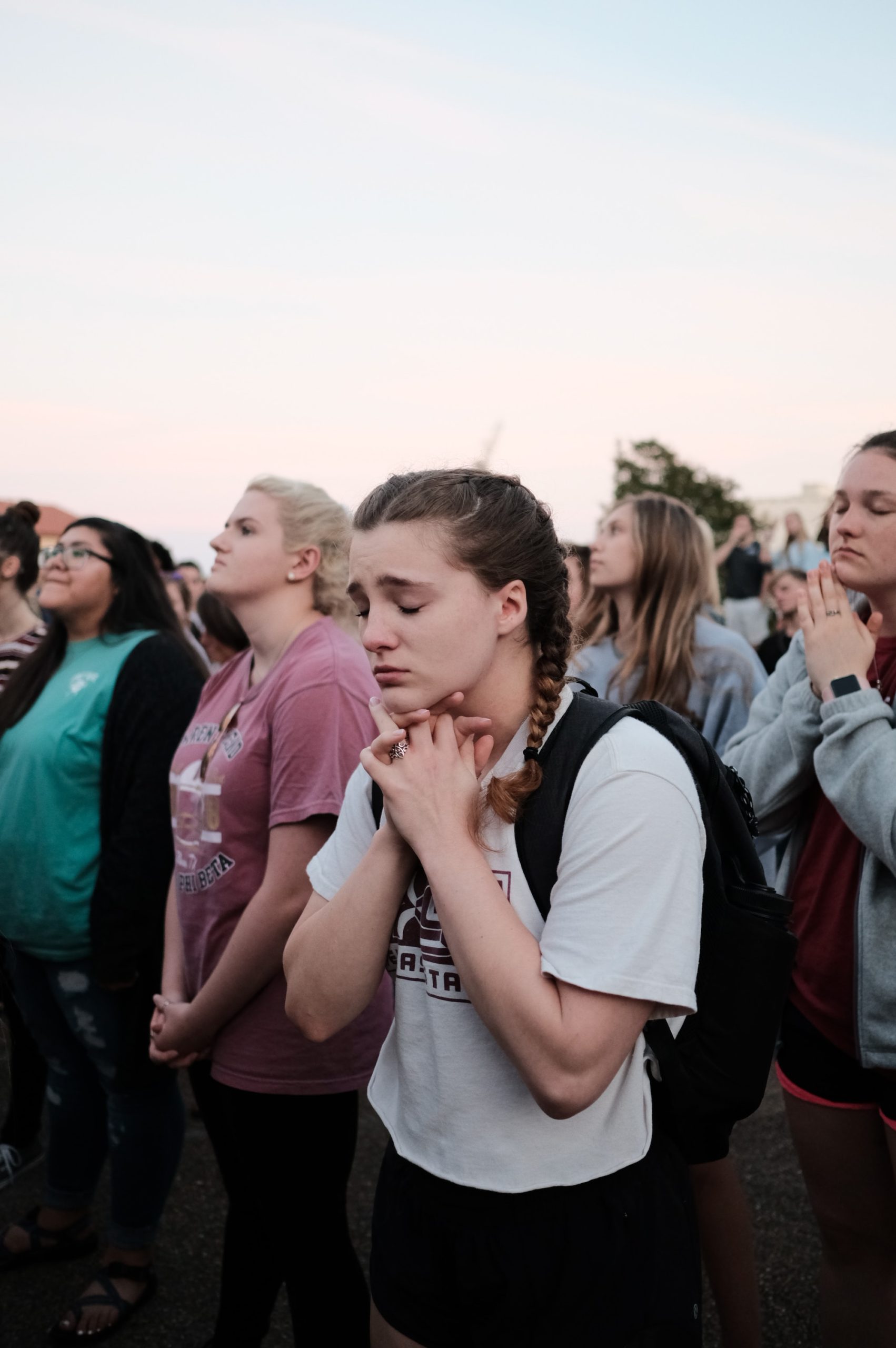Maggie asks about the purpose of prayer if God already knows what He will do anyway. Here’s a quote from part of her website submission:
“… If God already knows what will happen and already has a plan in place, what’s the point of praying? If, for example, God already knows that he will heal my sick friend, why pray for Him to heal him? If God already knows that He won’t heal my friend, isn’t asking God futile?”
A response:
First, please see a response to a similar question in another post…. This question raises a significant point that many may believe: If God has eternally known exactly what will happen in the future and cannot be wrong about His knowledge of the future, then He already has decided how everything will go and there is nothing we can do to “change God’s mind” or alter God’s plans. So, it seems useless to pray.
Here is one additional consideration that could greatly help us see that our prayers are critically important even though God already knows what He is going to do. God’s knowledge of the future means that God also already knows whether or not we are going to pray to Him about any specific thing. So, although our prayers today may not “change God’s mind” from what it was yesterday, that does not mean that our prayers have no impact on the outcomes concerning the matters for which we pray.
Here’s an example. Let’s say that Bob’s mother has cancer. Bob prays fervently for his mother to be healed of the cancer, and Bob gets hundreds of other Christian believers to do the same. Bob knows that God may not choose to heal his mother, but he demonstrates his faith in God and recognizes God’s power to heal his mother. He requests that God would heal his mother and extend her life if God is willing to do so. Let’s say that God chooses to heal Bob’s mother in response to the prayer of Bob and so many other believers. Now, on the one hand, God eternally knew that He was going to allow Bob’s mother to have cancer and eternally knew that He would heal Bob’s mother. But, on the other hand, we must not forget that God also eternally knew that Bob would freely choose to pray fervently for the healing of Bob’s mother, and God eternally knew that He would respond to that prayer.
To take a different scenario, let’s say that God eternally knew that Bob would not pray for his mother to be healed. If Bob and the others chose not to pray in faith for his mother, then God would have eternally known that, and He would have taken that into account in His plans for how the world would unfold. In this case, God’s eternal plan may not have included healing Bob’s mother. But, as it is, God eternally knew that Bob would pray for his mother, and so (from eternity past) God took this into account in His plans.
So, even though God eternally knows what He is going to do about everything (unlike humans who decide things as we go), God also eternally knows what we humans will freely choose to do (including our prayers), and He incorporates our free choices into His eternal plans for humanity. However, God did not “change His mind” about healing Bob’s mother (like humans alter their plans from day to day). God’s decision to answer Bob’s prayer was made from eternity past rather than on the fly. As a result, Bob’s prayers did affect the outcome.
So, always keep in mind that your prayers are not only an important way of connecting with God and having a relationship with Him; your prayers can also affect the outcome of the situation for which you are praying. God does take prayer into account, and prayer really does make an impact on what happens.
I hope this gives a new perspective on prayer that helps to reconcile the biblical teachings that (1) God is sovereign and knows the future and that (2) our prayers actually can make an impact on what God will do. The bottom line is this: Your prayers can make a difference!
— by Zach Breitenbach, Director of the Worldview Center at Connection Pointe in Brownsburg, IN and the former Associate Director of Room For Doubt.





